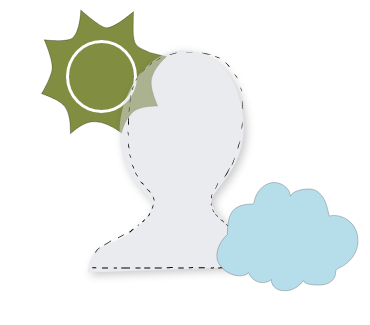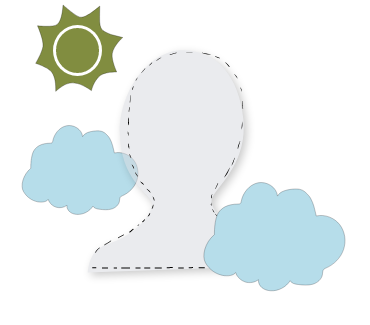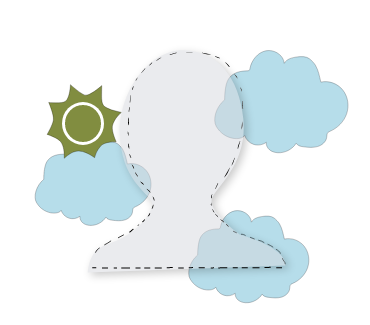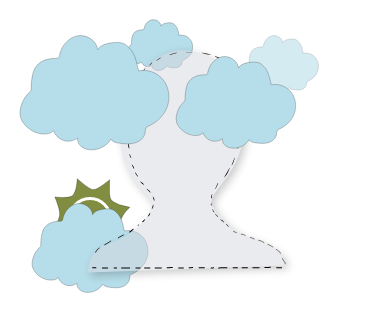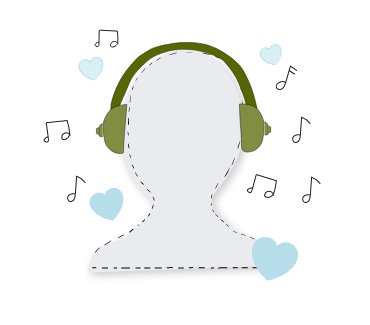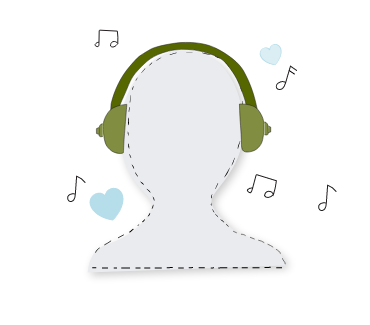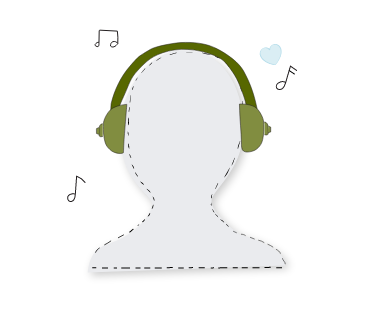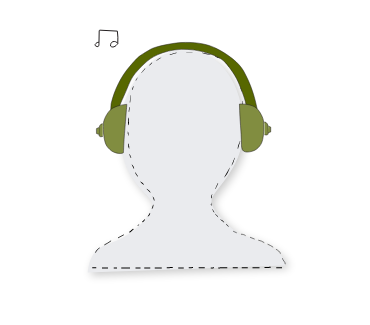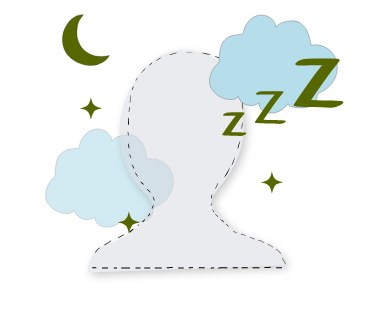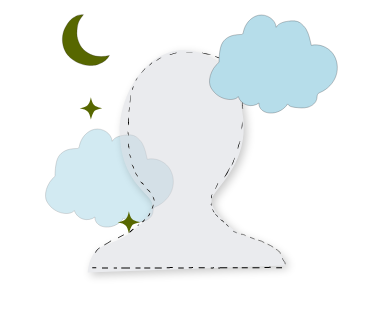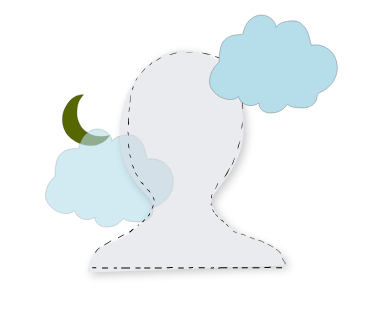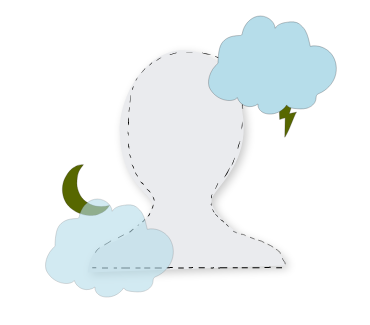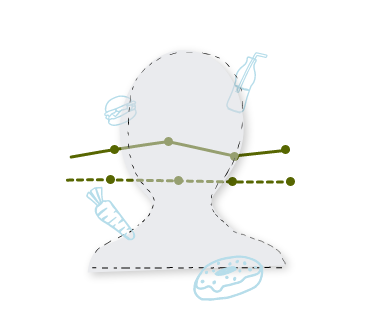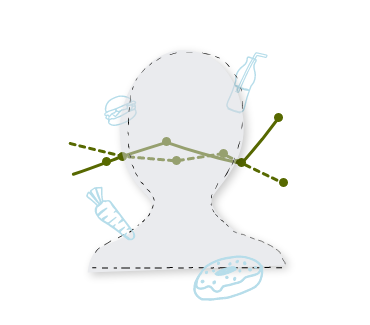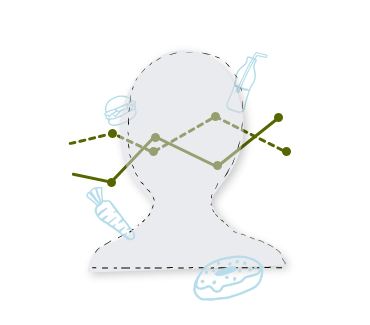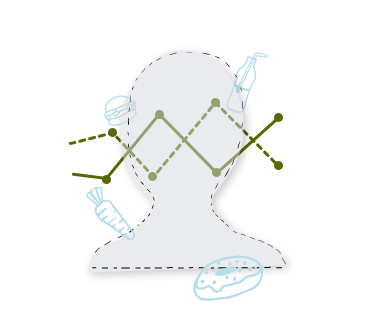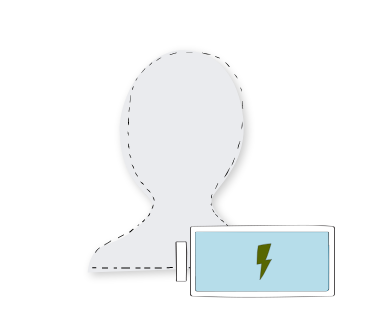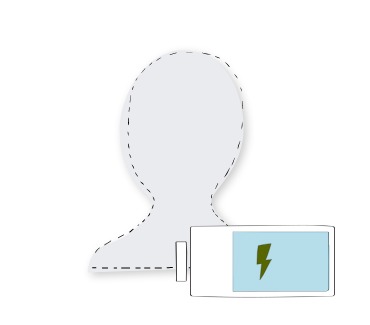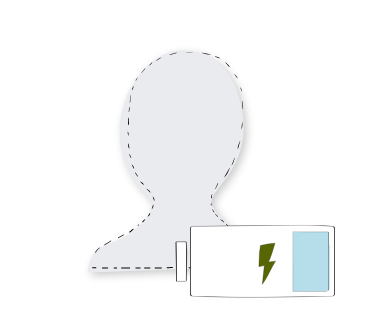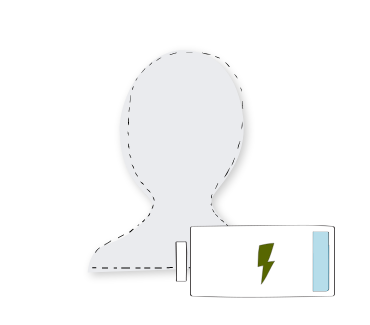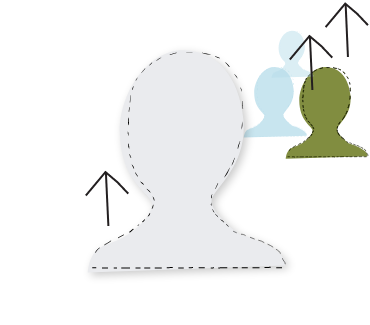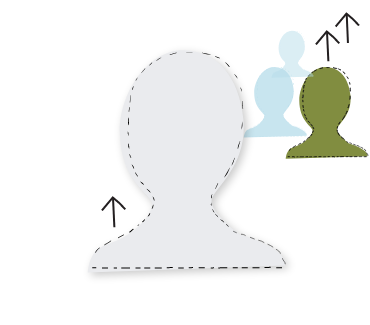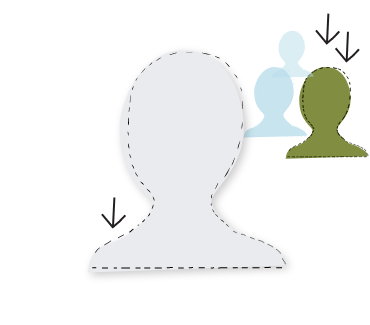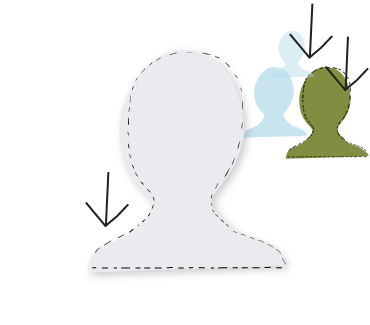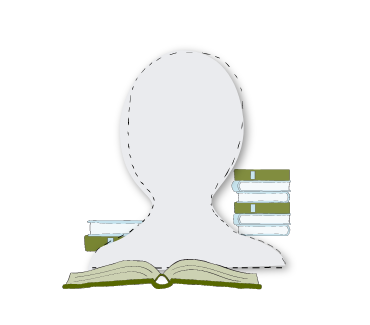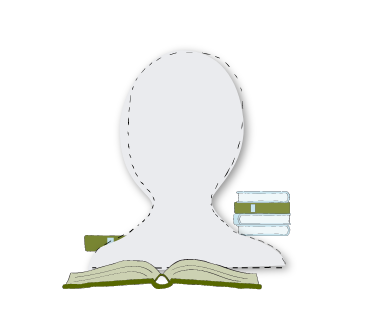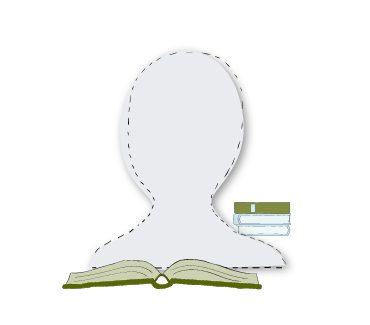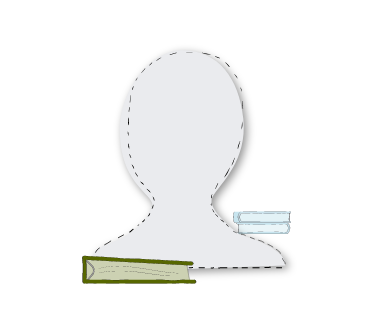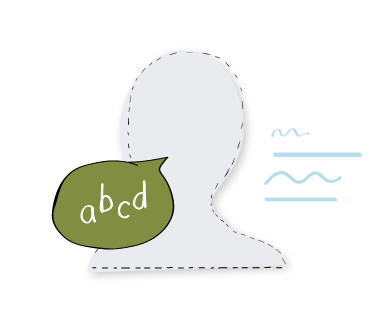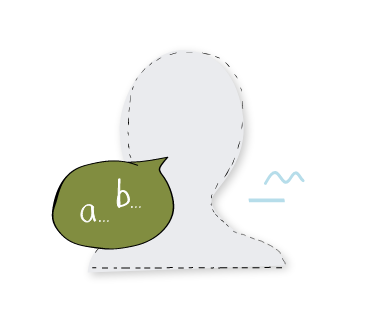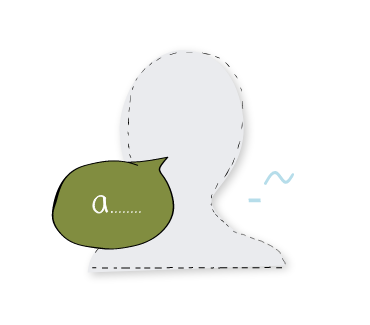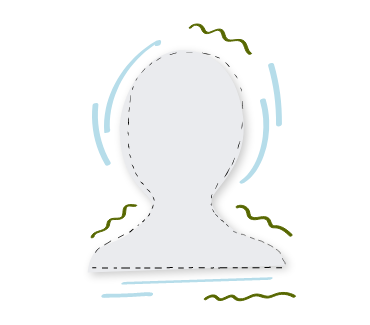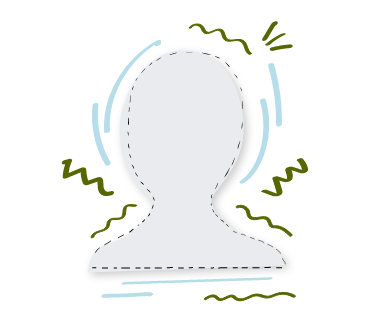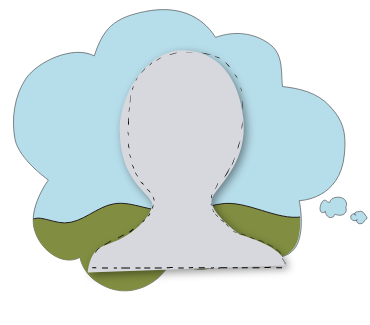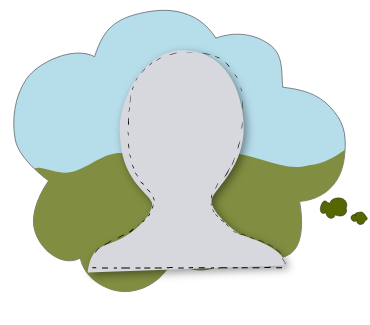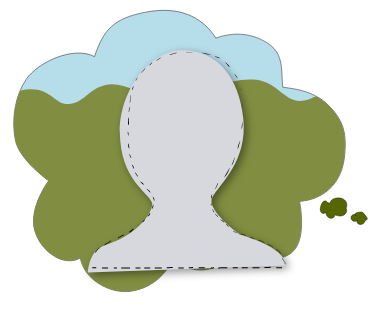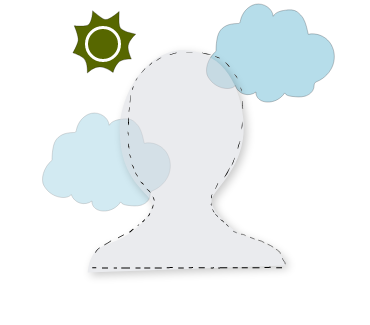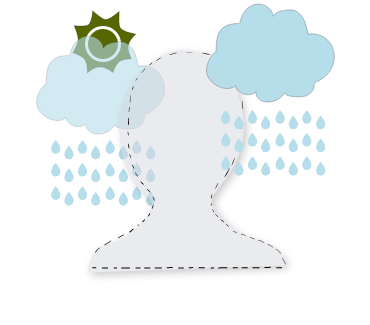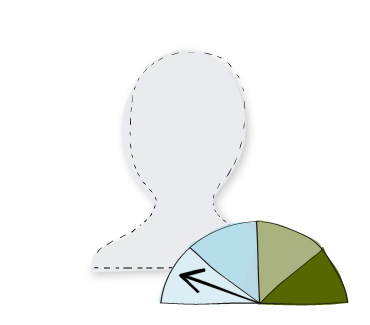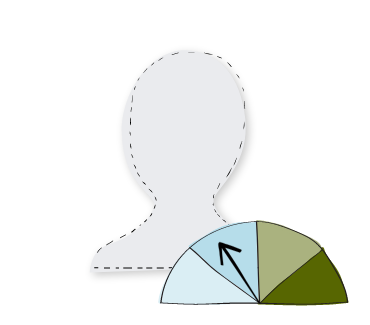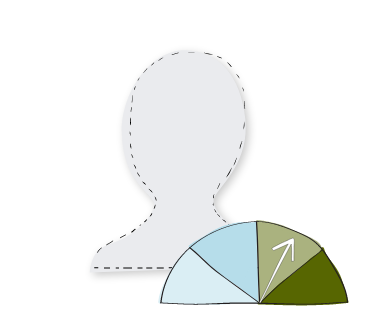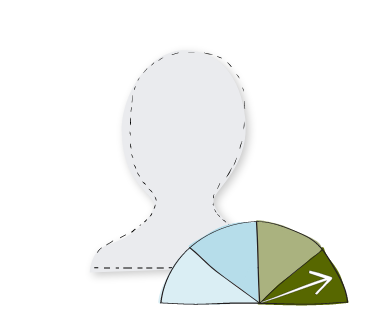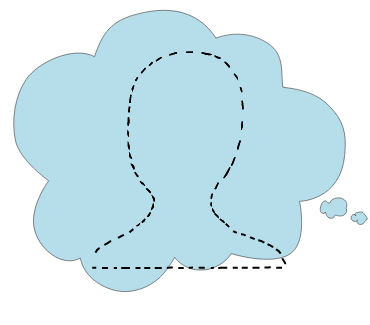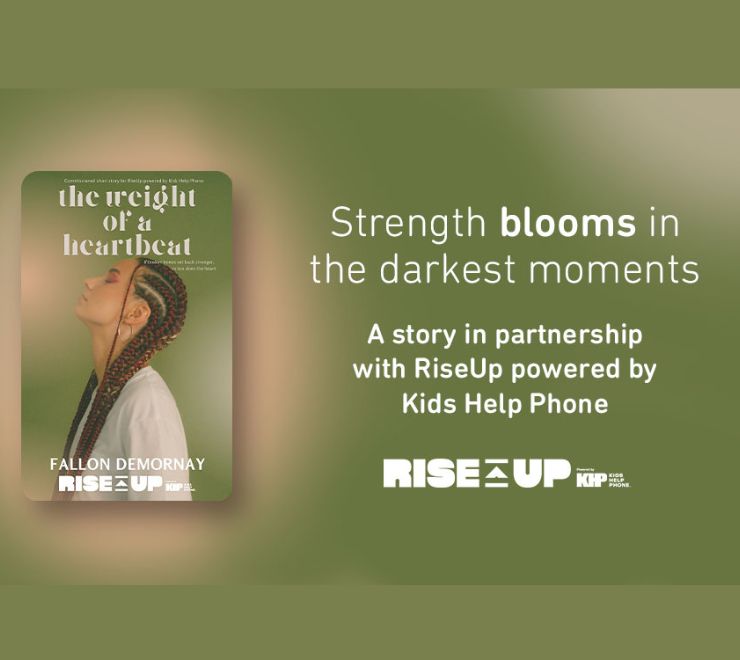
Questionnaire: Reflecting on feelings of sadness
Over the last two weeks How often have you been feeling down, depressed, irritable or hopeless?
Select Answer
Over the last two weeks How often have you had little interest or pleasure in doing things?
Select answer
Over the last two weeks How often have you had trouble falling asleep, staying asleep or sleeping too much?
Select answer
Over the last two weeks How often have you experienced poor appetite, overeating or weight loss?
Select answer
Over the last two weeks How often have you felt tired, or have had little energy?
Select answer
Over the last two weeks How often have you felt badly about yourself, felt that you’re a failure or felt that you’ve let yourself or your family down?
Select answer
Over the last two weeks How often have you had trouble concentrating on things like schoolwork, reading or watching TV?
Select answer
Over the last two weeks How often have you felt that you have been moving or speaking so slowly that other people could have noticed?
Select answer
Over the last two weeks How often have you been so fidgety or restless that you’re moving around a lot more than usual?
Select answer
Over the last two weeks How often have you had thoughts that you’d be better off dead, or of hurting yourself in some way?
Select answer
In the past year, have you felt depressed or sad most days, even if you felt OK sometimes?
Select answer
If you’re experiencing any of the items in the questionnaire, how difficult have these issues made it for you to do your work, take care of things at home or get along with other people?
Select answer
Has there been a time in the past month when you’ve had serious thoughts about ending your life?
Select answer
Everybody experiences sadness differently. Learn what you can do when you feel sad.
GO TO RESOURCESReflect on your responses

How to identify a safe adult
You can browse any of the resources listed above whenever you’d like! We’re sharing them to help you understand and respond to how you may be feeling in the moment.
You’re the best person to decide if something you’re experiencing is an issue for you. Talking to other people who know you well and care for you can also help you think about how you’re doing.
Sometimes, the words sadness and depression are used interchangeably (e.g. saying “I feel depressed” to describe temporary feelings of sadness, etc.), but sadness and depression are different. Although it’s normal to feel sad from time to time, depression is deeper, longer lasting and often impacts all of your experiences. We want to let you know that only a psychologist, psychiatrist or doctor can make a diagnosis related to depression.
Occasionally, some people may feel hopeless, overwhelmed, like they can’t cope with what they’re facing in life and/or be thinking about suicide.
If you’ve experienced thoughts of suicide, help and hope is available — you’re never alone. It’s important to reach out to a safe adult (e.g. a parent/caregiver, doctor, etc.) or a support service (e.g. Kids Help Phone, the local programs listed on Resources Around Me, etc.) to talk about what’s going on for you. And if you’re in immediate danger, you can call 911 or contact the emergency services in your area for help. Remember, support is available in different ways across Canada.
Note: This tool is adapted from the PHQ-A.
Sources:
Johnson, J. G., Harris, E. S, Spitzer, R. L. & Williams, J. B. (2002). Validation of an Instrument for the Assessment of Mental Disorders among Adolescent Primary Care Patients. Journal of Adolescent Health, 30(3), 196-204.
Spitzer, R. L., Kroenke, K. & Williams, J. B. (1999). Validation and Utility of a Self-report Version of PRIME-MD, JAMA, 282(18), 1737-1744.

